Submissions are no longer being accepted for the 2026 Contest. Winners will be announced in late March!
The 2025-2026 challenge
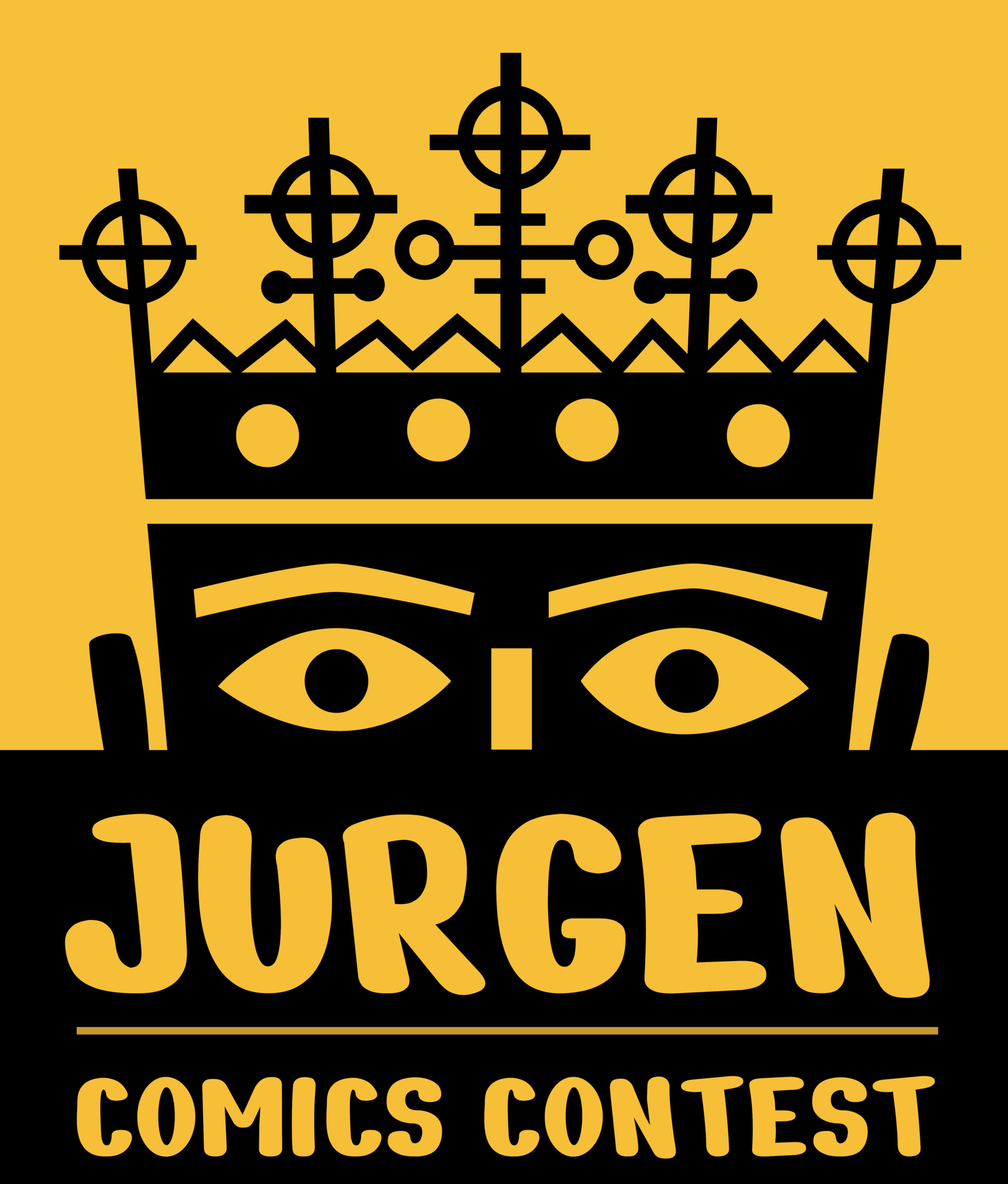
Imagine a comic book centered around the suppression or censorship of visual art, books, music, film or performance at a particular historical moment. You might tell this story using any one of a number of comic book genres such as real life, comedy, horror, romance, weird/uncanny, fantasy or science fiction.
Now draw only the comic book’s cover.
Winning entries need to
- Stimulate readers’ interest in a story centered on a specific historical incident of censorship or suppression and the ideas and issues at stake
- Skillfully and engagingly communicate an understanding of the event
- Demonstrate innovative use of the standard U.S. comic book cover format
- Suggest one or more of the larger issues you’d imagine including in your comic such as censorship and self-censorship, art as a business vs. art for self-expression, art and its audiences, and the tension between artistic freedom and community standards
Deadline for submissions: 11:59 pm, Monday, Feb. 9, 2026
Prizes
- Grand prize (Best overall): $1,000 and print and digital publication
- Artistry $250 and print and digital publication
- Storytelling $250 and print and digital publication
- Research $250 and print and digital publication
- All entries considered for digital publication as honorable mentions
- Only one prize per person
Getting started
Choose an event that interests you. Here are some of the many examples of art censorship:
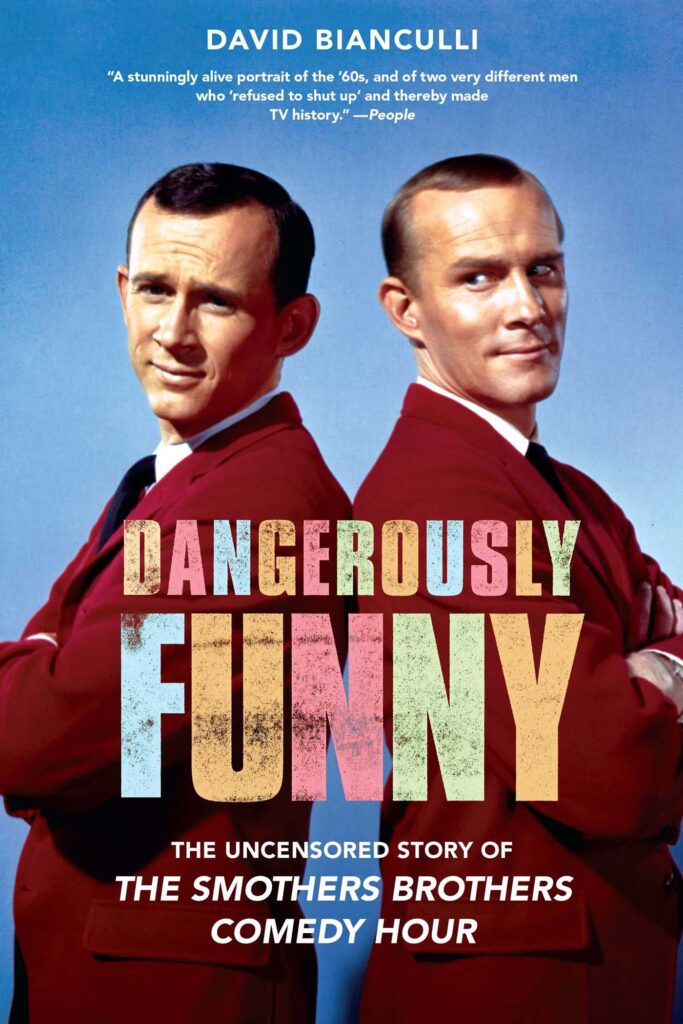
- Tom and Dick Smothers were “dangerously funny” comedians who challenged the censors at CBS with political humor on their The Smothers Brothers Comedy Hour. Pete Seeger’s performance of the song “Waist Deep in the Big Muddy” was famously cut from the show.
- The repeated censorship of director Amy Heckerling’s film Fast Times at Ridgemont High
- The attempted censorship of “Judgment Day” a comic in EC Comics Weird Fantasy, No. 18, March/April 1953
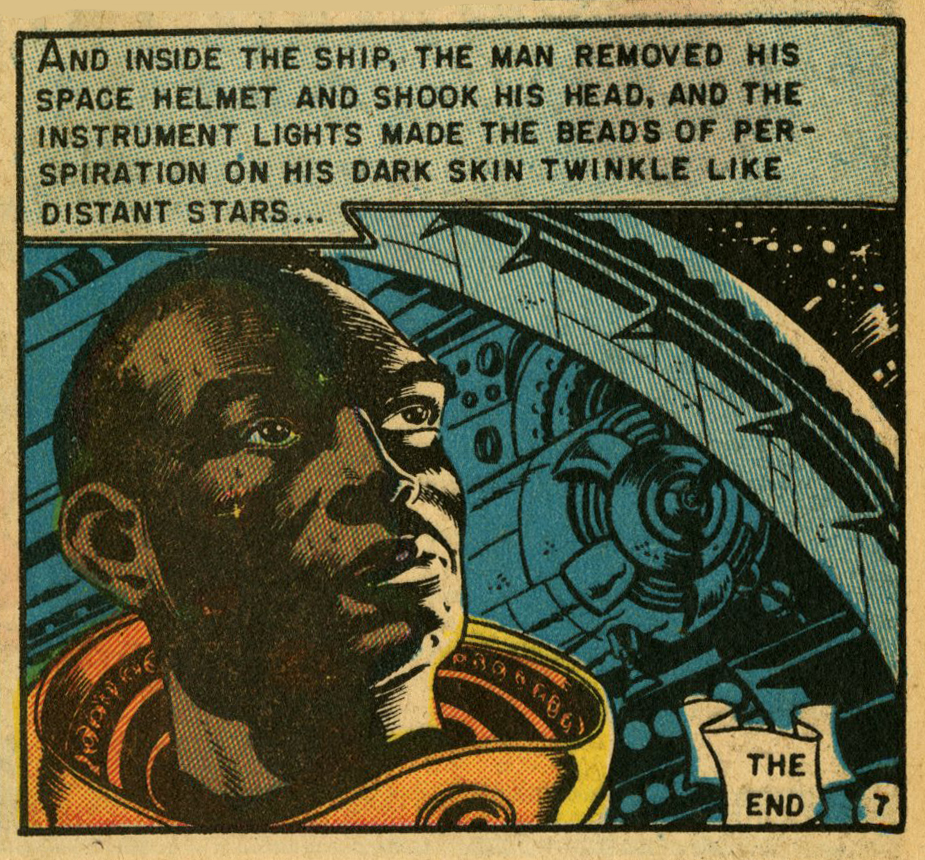
Weird Fantasy, no. 18, Mar/Apr 1953
- Opposition to The Rabbits’ Wedding a children’s picture book by Garth Williams, illustrator of Charlotte’s Web
- Marina Abramović’s Imponderabilia, shut down as obscene in 1977, is adapted by the artist for a 2023 retrospective.
- The Shindig, a 1930 Mickey Mouse short film, was banned in Ohio because in it a “naked” Clarabelle Cow is seen reading the 1907 erotic romance novel Three Weeks.
- Academy Award-winning screenwriter Ring Lardner, Jr. was declared in contempt of Congress and blacklisted by film studios after refusing to answer questions posed by the House Un-American Activities Committee (HUAC). He served almost 10 months in a federal prison. A documentary film about the “Hollywood Ten” who refused to cooperate with HUAC, was banned from exhibition in theaters, and the U.S. government pressured other countries to not show it.
- Challenges and bannings of Persepolis Marjane Satrapi’s graphic memoir
- The banning of Jurgen: A Comedy of Justice by James Branch Cabell
- Nazi Party suppression of German modernist art, which was labelled “Degenerate Art“
- In 1945 the United Auto Workers hired United Productions of America (UPA) to create “The Brotherhood of Man” an animated training film that UAW hoped would ease racial tension at integrated plants in the South. When the project eventually came to the attention of the House Un-American Activities Committee, several artists associated with the project lost their jobs or were blacklisted.
- There are many examples of popular and classical music that have been censored or suppressed for moral or political reasons. Parental Advisory labels were developed to identify objectionable works.

“The Shindig,” a 1930 Disney short film, was banned in Ohio - FCC v. Pacifica Foundation (George Carlin’s “Seven Dirty Words” routine for which the comedian was arrested.)
- Under the influence of the New England Watch and Ward Society, the Boston Public Library kept objectionable books in a locked room during the late 19th and early 20th centuries. Some plays were performed in a bowdlerized “Boston Version” and the phrase “Banned in Boston” becomes a popular slogan.
- Police stand by during a 1960 Tom Lehrer concert to prevent the satirical songwriter from performing several darkly humorous and “tasteless” numbers.
- In January 2025, after The Washington Post refuses to publish a cartoon critical of the newspaper’s owner and other billionaires, Pulitzer Prize-winning editorial cartoonist Ann Telnaes resigns.
Other resources:
- The world’s first museum of censored art, The Museu de l’Art Prohibit.
- PEN American Index of School Book Bans – 2022 -2023
- Banned Comics: Case Files, Comic Book Legal Defense Fund
- Banning Books in Prisons, Equal Justice Initiative
- VCU Access to The Washington Post and The New York Times
- Jurgen Banned Art Comics Contest Research Guide
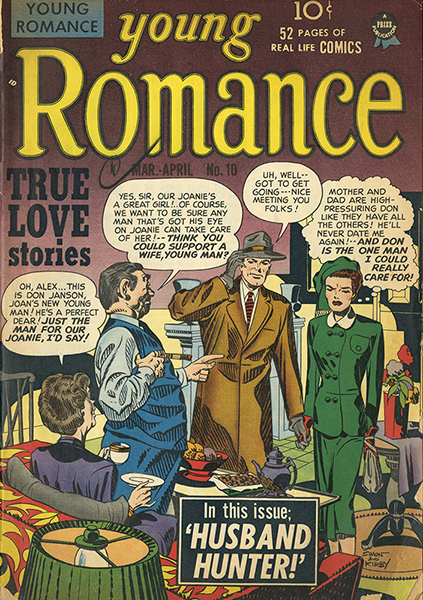 Submission requirements
Submission requirements
Eligibility: VCU students enrolled in 9 or more credit hours during the Fall 2024 semester. Part-time VCU students, including university employees who are taking classes, are also encouraged to participate. Their entries are eligible for digital publication, but will not be considered for cash prizes.
Entry Specifications:

1) Artwork
- Vertical format U.S. standard comic book cover designed in CMYK color mode. We will use CMYK for printing. Designing in RGB mode could result in color differences if your artwork is printed.
- Entries should be 6.69 inches wide × 10.25 inches high (final trim size), with 0.125-inch bleed added on all four sides at 600 dpi. Export at 600 dpi with crop/cut marks. (Note: With bleed on all four sides — bleed is the part that can be safely cut away — the final size of your entry should be 6.94 x 10.5 inches. You can add cut marks in Photoshop by printing the file as a PDF and ticking the correct box under “Printing Marks.)
- Be mindful about your lettering size and use of space to prevent losing detail and legibility of the cover when it’s printed.
- Learn about designing with bleed and download a helpful template.
- © Your name, Jurgen Comics Contest, Virginia Commonwealth University, 2026 should appear at the bottom of the cover.
- Note: The use of AI tools is not permitted.
2) A brief artist’s statement that includes
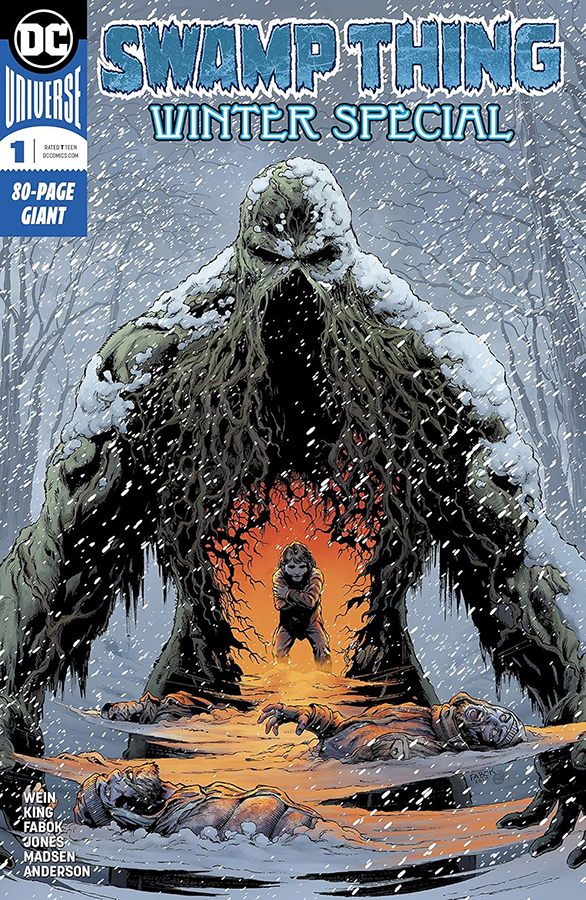
- A synopsis of the story told in your imagined comic (a paragraph is plenty!)
- Historical research conducted
- Your creative process
- What about the historic event inspired you?
- Description of the tools/software you used
Judges will review both statements and comic book cover art
Note: The use of Artificial Intelligence (AI) tools is not permitted.
3) A transcription of the text of your comic to aid accessibility
Finally – email submissions to LibJurgen@vcu.edu by 11:59 pm, Feb. 9, 2026.
Judging: completed during February and March 2026
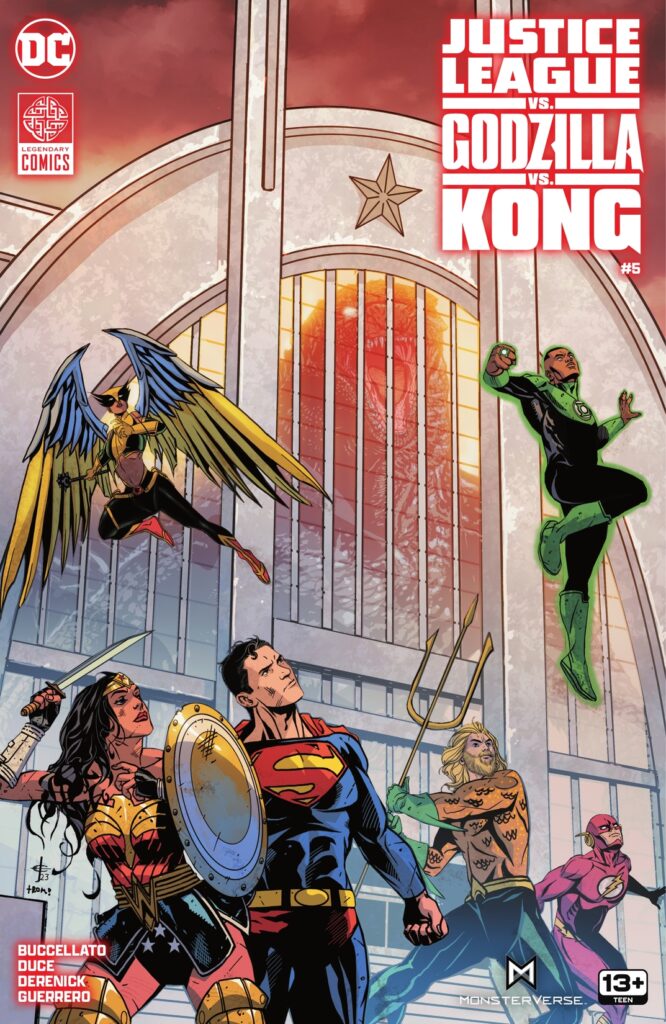
Our panel of judges may include representatives from
- Professional comic or graphic artists
- VCU Libraries
- The Cabell Associates
- VCU students
- VCU faculty
- Previous contest winners
Copyright: Artists will retain copyright to their creations, and by entering the contest grant a non-exclusive license to VCU Libraries for publication and display.
VCU Libraries reserves the right to refuse to award prizes should no entries meet the judging criteria.
Questions about the contest? Email VCU Libraries at LibJurgen@vcu.edu
Not familiar with comic book cover art. Wondering what you can do in a single page?
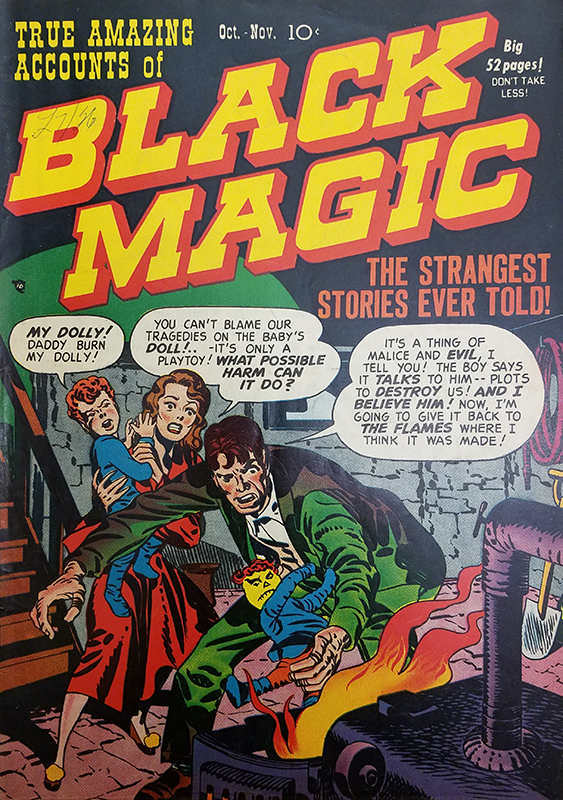 Try these links for inspiration.
Try these links for inspiration.
- Covers by the King: Jack Kirby 1917 – 2017
- Halloween Horror
- Kissing and Crying: Comic Book Romance
- Calculated to Drive You MAD
- Black Panther
- Eisner Award Winners for Best Cover Art
Explore VCU Libraries Comic Arts Collection located in Special Collections and Archives
Take a look at previous winners’ comics
Questions about the contest? Email VCU Libraries at LibJurgen@vcu.edu
About the contest
The Jurgen Banned Art Comics Contest is an annual VCU student competition dedicated to telling the story of banned art and encouraging discussion of the complex relationship between art and society. The inaugural competition (Fall 2021-Spring 2022) focused on the events and issues surrounding the banning of James Branch Cabell’s Jurgen: A Comedy of Justice. The contest is sponsored by VCU Libraries and supported by the generosity of donors, including The James Branch Cabell Library Associates.
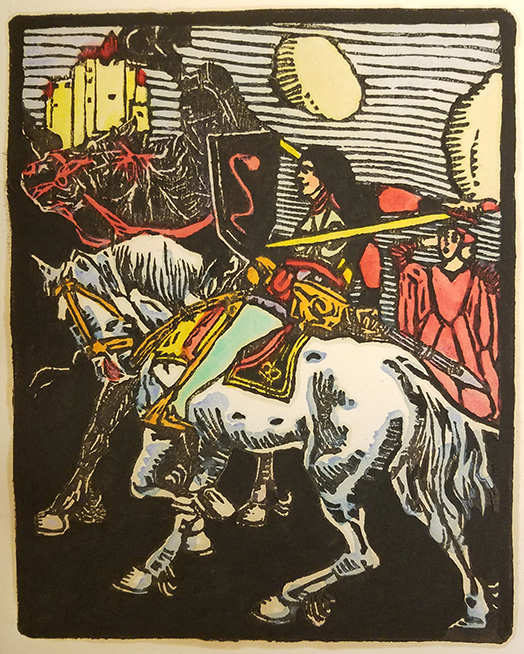
Special Collections and Archives, VCU Libraries